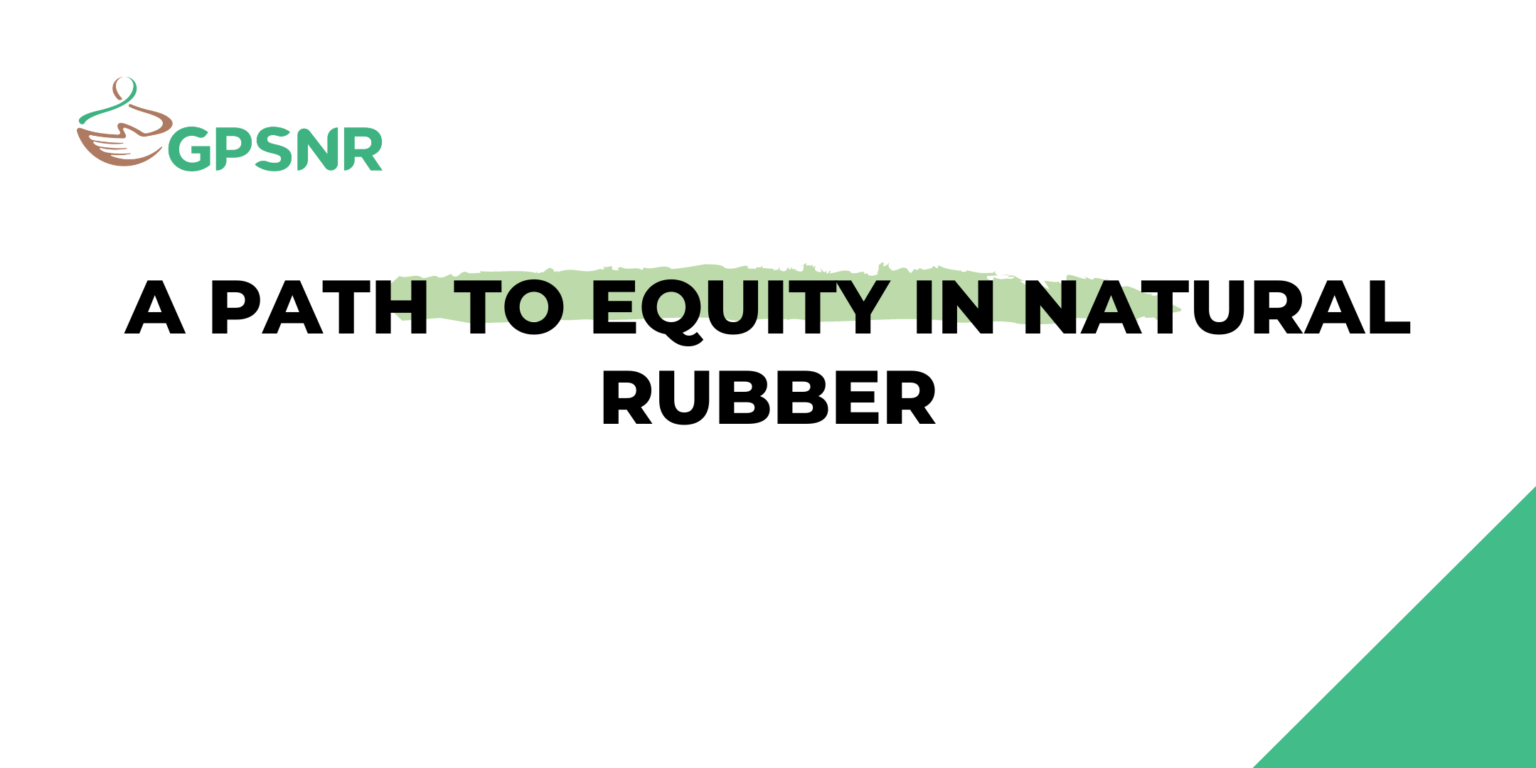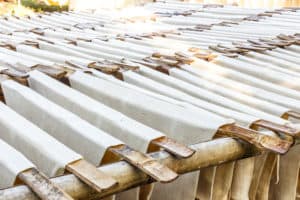PRESS RELEASE
Global Rubber Industry kickstarts a plan for equitable distribution of costs and benefits of sustainability in their supply chain
Singapore, 14 July 2022: Members of the Global Platform for Sustainable Natural Rubber (GPSNR), who represent 55% of the rubber value chain, convened their annual General Assembly yesterday, where they defined and charted out a path for a concept they call shared responsibility. This concept acknowledges the lack of equity in the natural rubber supply chain and charts out a mechanism where the costs and benefits of the platform’s sustainability initiatives will be equitably distributed across all actors within the supply chain.
To this end, GPSNR members passed a resolution that binds them to a shared responsibility framework with 3 pillars – Shared Investments, Value Transfer & Target setting, and Knowledge & Data sharing – which will help share the costs and benefits across all actors in the value chain. Each stakeholder group has a different role to play to contribute to a sustainable natural rubber sector and within the three pillars. By the third quarter of 2023, each of the three pillars will be in the testing, implementation or pilot stage of their specific goals.
According to GPSNR director Stefano Savi, “Systemic change does not happen overnight. While we have been putting together pillars on the sustainability side of our vision, this is our first pillar that also requires commitment to an equitable supply chain. With this shared responsibility framework, parties from across the natural rubber value chain are agreeing to take accountability for sustainability in an equitable and fair manner. As we work to translate this to actionable outcomes, I hope more stakeholders will join us, and existing ones will be inspired to accelerate the process of changing our supply chain.’’
In addition to voting on resolutions like the shared responsibility framework, GPSNR members also voted in a guidance for implementation of the policy framework that they all abide by, which includes some stringent commitments on deforestation and human rights. They also voted on some procedural resolutions on their statutes and elected representatives to the 2022-2023 Executive Committee, which comprises representatives from each of the membership categories.
Access the Shared Responsibility Framework here.
END
About GPSNR:
GPSNR is an international membership driven platform set up to define sustainability for the natural rubber value chain. It brings together various stakeholders to a common ground based on fairness, equity and environmental sustainability. More on sustainablenaturalrubber.org
For more information, please contact:
Bani Bains
Communications Manager
Email: bani.bains@gpsnr.org
Ph: +65 97268165





